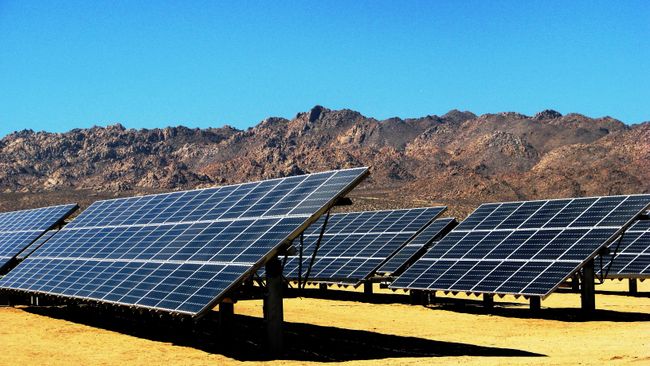The Great Recession of 2008 and 2009 could return with a vengeance at the end of this century if climate change is permitted to plow ahead unchecked in the U.S., finds a new research paper published in the journal Science by a trio of universities.
The research, which was led by the University of California, forecasts that with each 1 degree C temperature increase the U.S. economy will lose 1.2% GDP, on average. States in the south and lower mid-west will be impacted most severely, with the poorest areas of the country potentially seeing their incomes contract by as much as 20% from today’s levels.
The current trajectory and pace of climate change will essentially facilitate the greatest transfer of wealth from the U.S. poor to the U.S. rich in the nation’s history, warn the researchers. Southern regions will be more prone to drought, heatwaves, storms and crop failure, while parts of the Pacific northwest and New England – already the wealthiest parts of the country – will benefit from a short-term fillip in agriculture and even tourism as balmier conditions boost some crops, bring in extra investment and even reduce winter deaths.
However, any benefits will be short-lived, say the researchers, because unchecked climate change will trigger social upheaval within the U.S. on a scale never seen before. “We are finely balanced at the moment, but even areas that will do well end up being harmed if the world warms more severely,” said Robert Kopp, co-author of the report and professor of Earth and planetary sciences at Rutgers University. “That borderline of net harm marches northwards over the course of the century.”
The researchers examined 116 different climate projections, and ran through thousands of potential simulations designed to ascertain what could happen to the U.S. at various emission increase checkpoints. If little is done to tackle current carbon emissions, the scientists believe that the U.S. could be 10F (5C) warmer by 2100.
In the poorest third of the country, income levels could shrink 20% as the impacts on agriculture, coastal storms, energy use, climate-related deaths and crime, and disrupted working conditions take hold.
Texas, Georgia and Louisiana will fare particularly badly, but Kopp believes that Florida could well bear the brunt of the worst effects. “That state is home to a lot of the hardest-hit counties,” Kopp warned. “It is hot, there are plenty of old people there, and they will experience a lot of coastal flooding and storms.”
From an economic modeling standpoint, the impact of climate change will accelerate. At first, every 1C temperature rise will result in a 0.6% loss to GDP, climbing to 1.7% once the fifth degree (C) of warming is reached.
The US Environmental Protection Agency recently forecast that the country could be facing a $180 billion economic hole by 2100 due to drought and water shortages, while a 10F temperature increase would push the average US temperature above 55F – the threshold at which Stanford and Berkeley researchers have found countries begin to suffer economic shrinkage.
This content is protected by copyright and may not be reused. If you want to cooperate with us and would like to reuse some of our content, please contact: editors@pv-magazine.com.



By submitting this form you agree to pv magazine using your data for the purposes of publishing your comment.
Your personal data will only be disclosed or otherwise transmitted to third parties for the purposes of spam filtering or if this is necessary for technical maintenance of the website. Any other transfer to third parties will not take place unless this is justified on the basis of applicable data protection regulations or if pv magazine is legally obliged to do so.
You may revoke this consent at any time with effect for the future, in which case your personal data will be deleted immediately. Otherwise, your data will be deleted if pv magazine has processed your request or the purpose of data storage is fulfilled.
Further information on data privacy can be found in our Data Protection Policy.